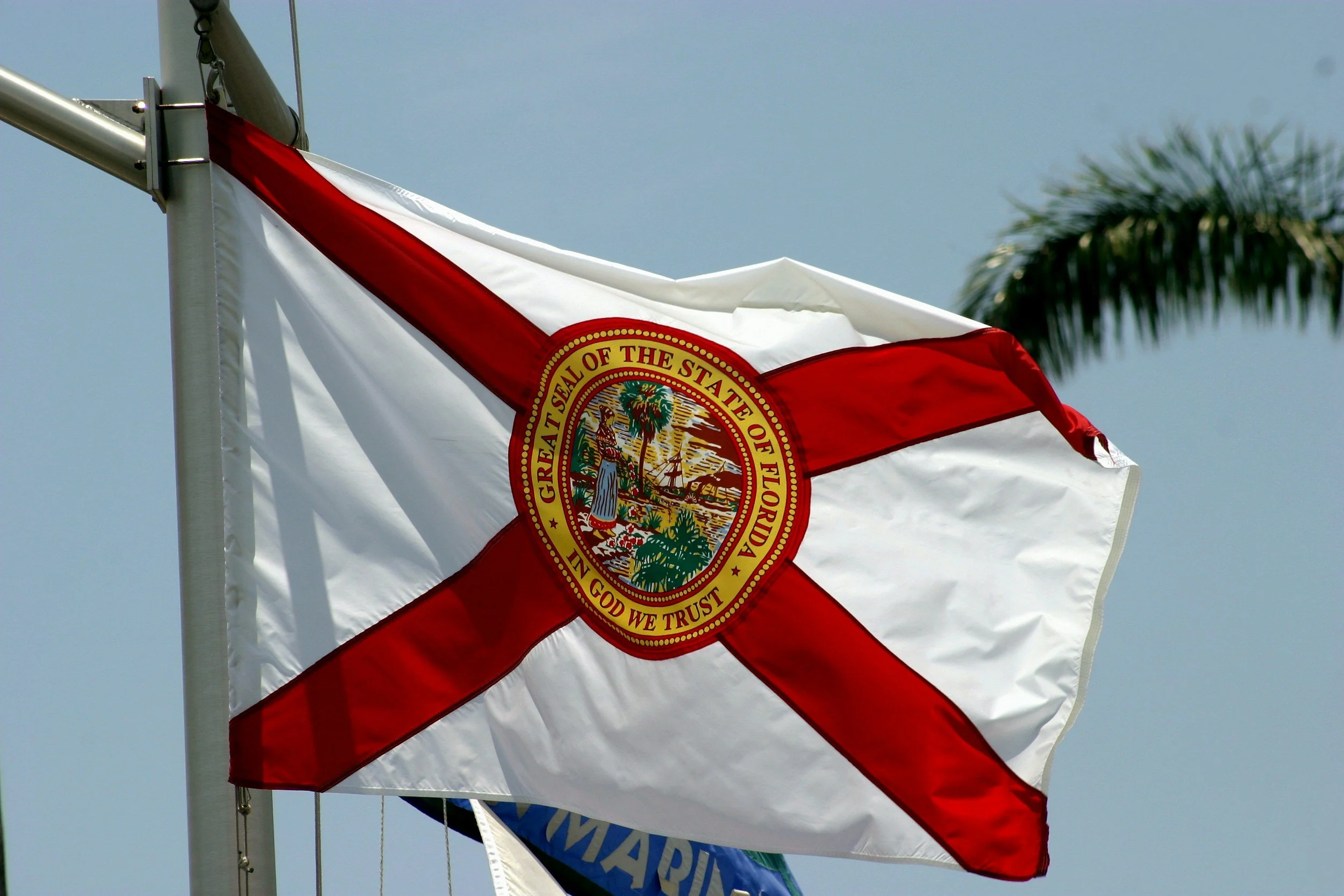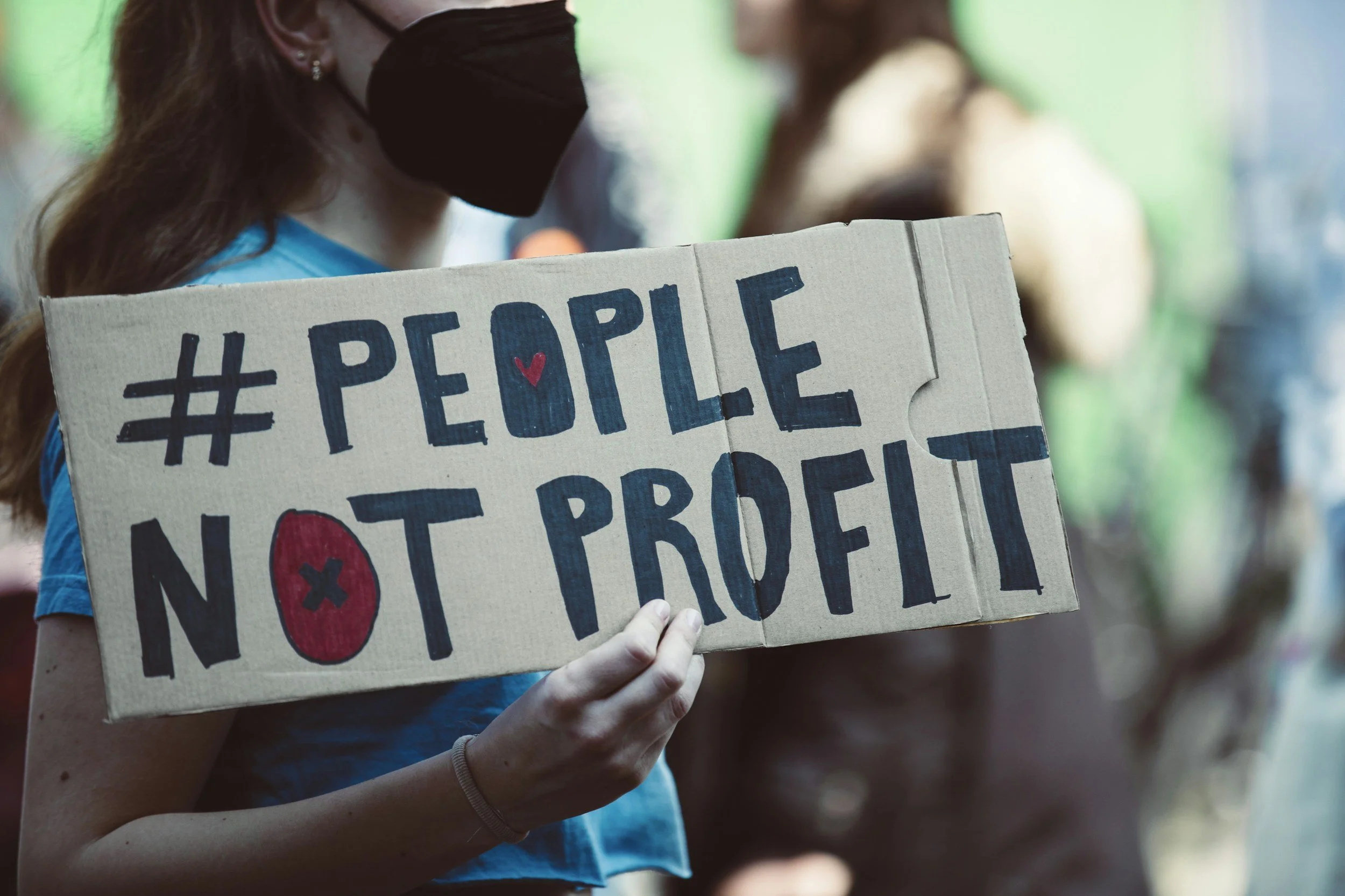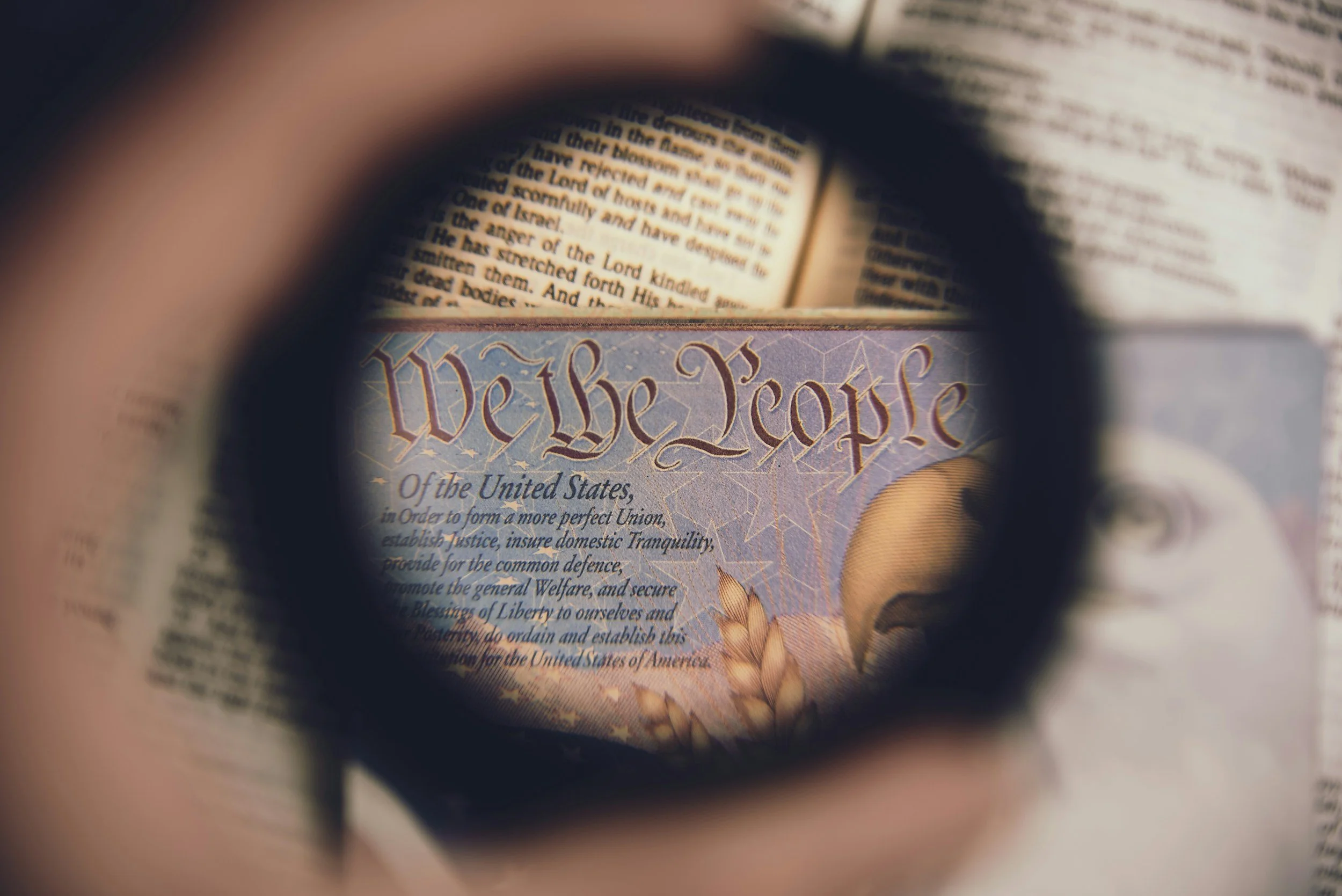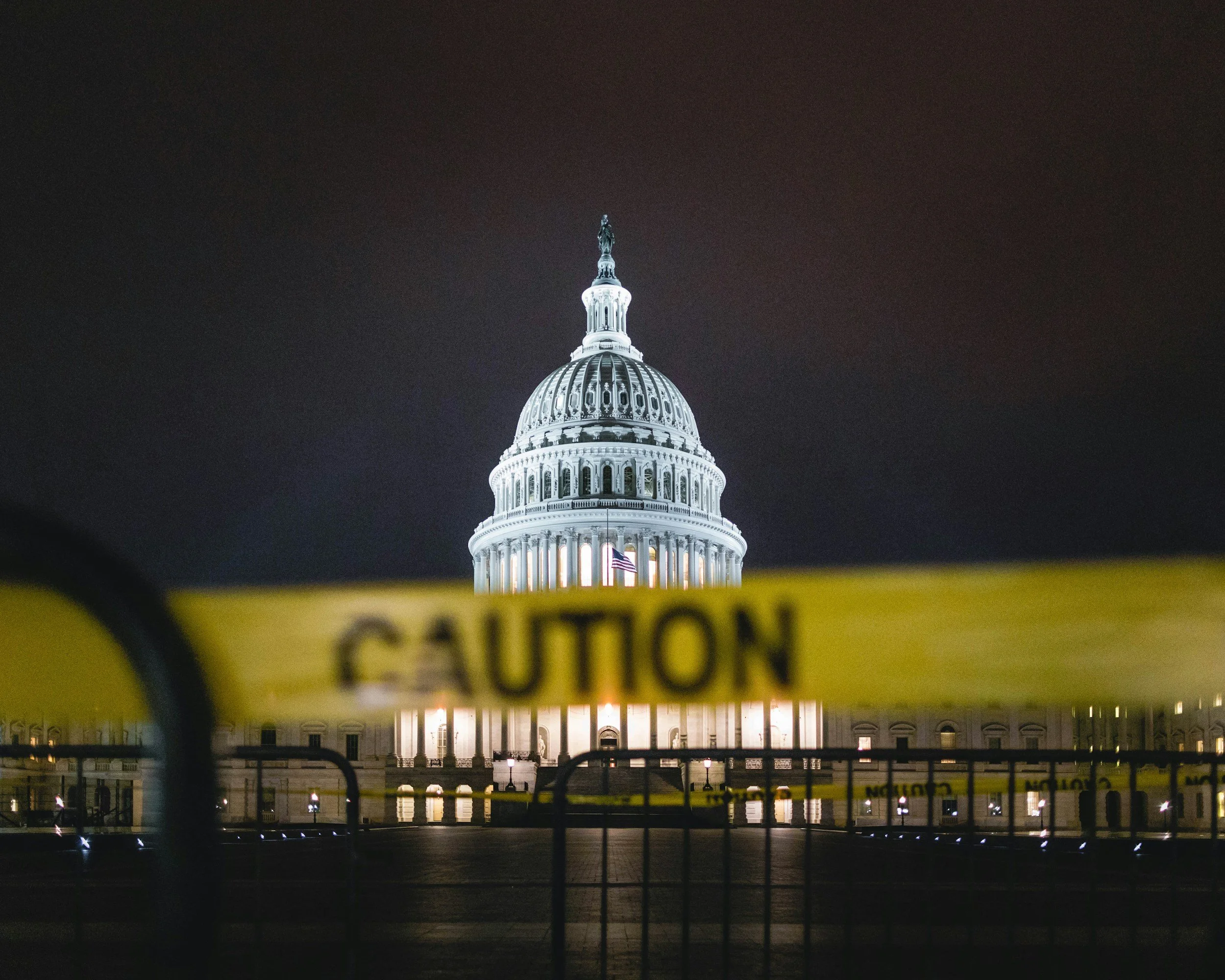
Check this page regularly for a collection of the most interesting and informative articles related to public records issues.

St. Petersburg looks to improve its public records procedures
St. Petersburg looks to improve its public records procedures
By: Mark Parker, St. Pete Catalyst | Published Jan. 25
Hanewicz stressed the importance of government transparency and said she couldn’t recall a previous public discussion on the record request policies established in 2012. “I also have the belief that if you do come across something that can be improved, then you improve it. And that’s my goal here,” she said. “I don’t want things to fall through the cracks,” Hanewicz added. “If there are things we can make better, let’s have an open mind so we can do that.”
City Administrator Rob Gerdes pledged to explore implementing a new document management system that provides a centralized location for records, as departments often use varying platforms. Hanewicz also advocated for an employee service level tracking mechanism and credited the administration for conducting a related survey to discern “what they may need.”
Srinivasa noted that St. Petersburg began using the internal GovQA platform to help process requests in 2014. He and Assistant City Attorney Jeannine Williams, who monitors compliance, subsequently drafted the city’s first guidebook to ensure uniformity.
“Since then, multiple jurisdictions, as well as municipalities throughout Pinellas County, throughout the state of Florida, have adopted our guidebook as their own,” Srinivasa said. “Prime example: The city of Tampa, most recently, adopted it as well.”

“Tracking transparency: Lawmakers consider making changes to GRAMA, Utah's public records law”
“Tracking transparency: Lawmakers consider making changes to GRAMA, Utah's public records law”
BY DANIELLA RIVERA, KSL TV
SALT LAKE CITY — Utah lawmakers are weighing proposals that could change how the public accesses government records under the Government Records Access and Management Act, known as GRAMA.
HB 64 would make several changes including:
· Ensuring all public employees are given a summary of GRAMA requirements
· Making it a crime to delete records to avoid disclosure
· Extending some deadlines for responses to requests
First Amendment attorney Jeff Hunt, who helped write GRAMA, said the bill includes positive elements but also raises concerns. He pointed to language involving education records which exempts some records from GRAMA, instead deferring to a federal records law.
Lawmakers also home to reverse a last‑minute change to GRAMA done last year that makes it nearly impossible for citizens to recover attorney fees even when a court rules that a government agency wrongly withheld public records — a shift adopted without any opportunity for public input.

“Florida lawmaker takes on DeSantis over public's right-to-know”
“Florida lawmaker takes on DeSantis over public's right-to-know”
Tallahassee Democrat | Jan. 22, 2026
In response to the Gov. Ron DeSantis administration's slow-walking public records requests, a Florida lawmaker who's been publicly at odds with the governor is pushing against the sluggish turnarounds.
Rep. Alex Andrade, R-Pensacola, filed legislation (HB 437) this session giving state agencies and similar record-keepers three business days to either pony up public records or give an alternate "good faith estimate" of how long they need.”
Key points:
A new bill would require Florida state agencies to move faster when responding to public records requests.
The proposed legislation comes amid criticism of the DeSantis administration for slow responses to such requests.
First Amendment advocates support the bill, stating it could help repair the state's "Sunshine Laws."

“Environmental watchdog sues Lincoln County over public records dispute”
“Environmental watchdog sues Lincoln County over public records dispute”
The Montana Environmental Information Center says that Lincoln County has failed to provide documents requested under the state’s right-to-know laws related to the county’s push to change pollution standards in Lake Koocanusa.
MEIC said they filed the lawsuit to ensure the state constitution is being followed.
“We’re in the business of holding our elected officials and corporations accountable,” Derf Johnson, deputy director of MEIC, said in a press release. “When our public resources are offered up as sacrifice to a foreign, for-profit corporation with a history of polluting and leaving a mess, we definitely want to know what happened behind the scenes.”

GovScape Has Preserved Over 10 Million PDF Public Records Files in Searchable Service
GovScape Has Preserved Over 10 Million PDF Public Records Files in Searchable Service.
GovScape is a collaboration between the University of Washington and Boston University, along with a number of other institutions, and is led by Ben Lee and Kyle Deeds. GovScape currently supports multimodal search over 10+ million PDFs (70+ million PDF pages). Their research paper on the topic explains that they are working on making these kinds of records more searchable and accessible by supporting key word, semantic, and visual search techniques. “Efforts over the past three decades have produced web archives containing billions of webpage snapshots and petabytes of data. The GovScape End of Term Web Archive alone contains, among other file types, millions of PDFs produced by the federal government. While preservation with web archives has been successful, significant challenges for access and discoverability remain.”

Citing Public Records Makes News Stories More Credible
Citing Public Records Makes News Stories More Credible
The Brechner Freedom of Information Project reports that a new study shows the benefits of using public records in journalism.
According to the Project: “A new study published in the International Journal of Press/Politics indicates that if journalists cite public records as sources in their news stories then readers will view the stories as more credible and informative than citing other sources, including social media and academic experts.
The online experiment with 1,210 U.S. residents found that when information in news stories is attributed to public records obtained through freedom of information requests, readers found the stories more credible and informative than the same stories citing social media, academic experts, or no sources. Stories citing social media as sources were perceived the least credible – equivalent to not citing any sources at all.”

Public Records Laws Under Siege
Public Records Laws Under Siege.
STEPHANY MATAT, USA TODAY NETWORK – FLORIDA
5:08 am EDT Oct. 29, 2025
More public records exemptions filed for 2026 session
The runup to the next legislative session brings with it, as it always does, a new round of proposed exceptions to Florida's open government laws, generally regarded as among the best in the nation.
Specifically, lawmakers have filed bills for the 2026 session to shield more information from public view, adding to the over 1,000 exemptions to the public records statute.

Press proposal to improve transparency in WA advances
Press Proposal to improve transparency in WA advances.
October 14, 2025
Attorney General Brown deserves kudos for pursuing this project and more government transparency.
Access to public records in Washington, which has become slower in recent years, should improve under new rules introduced by state Attorney General Nick Brown.
Prompted by a petition from media organizations, Brown is updating the rules to better reflect the law and to help address logjams holding up disclosure.

Sunshine on a Cloudy Day? The State of FOIA at 50
By: Katherine Revello, The Inside Investigator, October 12, 2025
Connecticut’s Freedom of Information Act (FOIA) went into effect on October 1, 1975. In the intervening 50 years, enforcement of the law has evolved significantly, helping to refine and codify the public’s right of access not only to public records, but to public meetings.
But that has changed in recent years. As local daily newspapers and other media outlets have either shut their doors or been consolidated with larger media conglomerates, the number of challenges to FOIA abuses brought by media has declined, shifting the burden of safeguarding transparency to the public.
Legislative proposals seeking to limit FOIA and exempt more categories of records from compulsory disclosure under the law have also increased in recent years—creating a trend where a major tool for public transparency is under threat, at the same time one of the groups that has used and advocated for it most frequently is shrinking.

Without access to public records, how can we hold leaders to account?
Without access to public records, how can we hold leaders to account?
By Kelly Shannon | September 16, 2025
Kelley Shannon is executive director of the Freedom of Information Foundation of Texas, a nonprofit that works to ensure government transparency and protect First Amendment rights. For more information on the group’s state conference go to www.foift.org.
If you wonder how open government laws affect you, think about these basics: The local taxes we pay. The roads we drive on. Even, sometimes, matters of life and death.
Access to information through public meetings and records helps us know about the decisions elected officials are making on our behalf. It allows us to ask questions, to speak out and to demand change.
“Without transparency, the government is a petri dish for corruption and a reason for people to doubt the legitimacy of their government,” Aleshire rightly notes.

Judge obliterates Cleveland Heights mayor’s records argument in lesson for all public officials
Judge obliterates Cleveland Heights mayor’s records argument in lesson for all public officials
A judge has ordered Cleveland Heights to release the controversial body camera footage showing Mayor Kahlil Seren’s wife having an “obscenity-filled outburst” at City Hall, delivering a scathing rebuke to the mayor’s legal arguments and highlighting the consequences of fighting Ohio’s public records laws.
“The smart play is always to give up the public record because Seren has taken a beating at every step of this thing. When he refused to do it, he took a beating. When people sued to get it, he took a beating. When the original recommendation came out saying that this was a ridiculous argument, he took a beating and he’s taking a beating here and he’ll take a beating when this video comes out -- Five beatings instead of one,” Quinn continued. “If you just would have released it… it would have gone away."
The court’s ruling highlights how transparency laws serve as a vital check on government power, ensuring the public’s right to know what happens inside taxpayer-funded buildings.

Brechner FOI Project to assist transparency groups with $1.25 million Press Forward grant to help journalists obtain government records
Brechner FOI Project to assist transparency groups with $1.25 million Press Forward grant to help journalists obtain government records
By: Brechner Center
A new partnership led by MuckRock and involving the National Freedom of Information Coalition (NFOIC), the Reporters Committee for Freedom of the Press and the Brechner Freedom of Information Project is working to help journalists acquire the information they need to inform the public.
The partnership will develop AI-powered tools that integrate with newsrooms’ existing workflows to provide vetted guidance to journalists in identifying and acquiring relevant government records, speeding up the process of getting reliable information to the public.
Read more here: https://brechner.org/2025/07/16/press-forward-grant/

Miranda Spivack on 'Backroom Deals in Our Backyards' and Citizens Taking Transparency Into Their Own Hands
Miranda Spivack on 'Backroom Deals in Our Backyards' and Citizens Taking Transparency Into Their Own Hands
Veteran journalist Miranda Spivack has spent decades digging into state and local governments, but her new book Backroom Deals in Our Backyards shifts the spotlight to the everyday people who take on that fight themselves.
The book profiles five “accidental activists” from across the country who faced years-long battles for public records. Their causes range from exposing toxic chemicals in firefighter gear to fighting for clean drinking water and safer roads. What unites them, Spivack says, is persistence, coalition-building, and the ability to “dig in” when government and private industry work together to keep information hidden.
You can purchase her book here.

Thousands Of California Police Records Now Publicly Available
Thousands Of California Police Records Now Publicly Available
By: Kieth Miziguchi, KQED
Monday is a milestone for police accountability in California. Anyone can now look up incidents of serious use of force and police misconduct in the state in a new free data base. It makes once confidential records from about 12,000 cases gathered from the state’s nearly 700 law enforcement and oversight agencies publicly available. It was seven years in the making and brought together teams of journalists, data scientists, and advocates from across California.

Right to Know Should Be a Constitutional Right in the U.S.
Right to Know Should Be a Constitutional Right in the U.S.
David Ardia of the University of North Carolina argues this point in an Arizona Law Review article:
“If the government attempts to keep its citizens in the dark, or even actively misleads them, how can this not strike at the very heart of the Constitution? I argue in this Article that a right to know about the government is fundamental to the Constitution’s system of checks and balances. While past scholarship has largely grounded the right to know in the First Amendment, this Article advances a more compelling claim: the Framers’ unwavering commitment to popular sovereignty demands that the people have a right to know about their government. Recognizing a right to know as a constitutional imperative, rooted in the people’s sovereign authority, establishes a durable foundation for limited government—one that ensures that citizens can hold their leaders accountable and fully exercise their role in self-government.”
48 countries have enshrined such a right in their constitutions.

2025 University of Florida Collier Prize: State of Accountability Journalism
2025 University of Florida Collier Prize: State of Accountability Journalism
Access Denied: Barriers to Information in Accountability Journalism.
A survey of investigative journalists who routinely report on government accountability showed that limited access to records or sources has emerged as the greatest challenge in holding government officials accountable. Most reported frequent delays, denials, or excessive costs when filing public records requests, and nearly half described difficulty securing interviews or official comment.
The US “federal Freedom of Information Act, often known as FOIA, ranks 78th in strength out of 140 nations, and continuously drops as new countries adopt better laws,” he wrote in a recent op-ed. “On average, according to our research, if you asked for a public record in America 10 years ago, you would get it about half the time. Now, it’s down to about a third of the time, and just 12% at the federal level.

Mayor Duggan aims for $1M Bloomberg grant to put Detroit’s scattered property records under one roof
Mayor Duggan aims for $1M Bloomberg grant to put Detroit’s scattered property records under one roof.
By: Dana Afana, Detroit Free Press, June 26, 2025
Detroit secured a $50,000 grant through the Bloomberg Philanthropies Mayor’s Challenge to test a proposed city service.
The service would centralize all city property data into one system.
Detroit is competing for a $1 million grant to bring the idea to fruition.
Duggan on June 25 described the city's property information as "scattered" in several databases and expects to work with "renowned experts" to advance the proposal to consolidate them in one system. Multiple departments are working to develop the program, but the Bloomberg grant would speed up the process to launch it online sooner, according to the mayor's office.

Press not exempt from law limiting publication of officials’ addresses, court rules
Press not exempt from law limiting publication of officials’ addresses, court rules.
By: Nakita Biryukov, New Jersey Monitor, June 17, 2025
Journalist accused New Brunswick of unconstitutional effort to chill protected speech.
City officials in 2023 threatened a journalist with civil and criminal penalties if he published the home address of a former police director he got through public records. The journalist challenged the city in court, and the New Jersey Supreme Court on June 17, 2025, sided with the city. (Dana DiFilippo | New Jersey Monitor)
A state law that shields from public disclosure the addresses and phone numbers of police, prosecutors, and judges can be used to bar press from publishing that information, the New Jersey Supreme Court unanimously ruled Tuesday.

Public access to state crash data is a safety issue | Opinion
By: Jamie Pahigian and Dylan Giles, May 23, 2025
The Providence Streets Coalition in 2023 developed a crash map visualizing incidents of people hit by cars in the city, using data from the Providence Police Department.
We learned that while crash data held by local police departments is public under Rhode Island’s Access to Public Records Act (APRA), the full statewide data set is not.
The state Department of Transportation holds the only compiled record of statewide crash data, and treats it as privileged, using a convoluted legal argument endorsed by the attorney general. They claim they must restrict access to avoid being sued for failing to mitigate known hazards.

Culture of secrecy: How Alabama’s public records law fails transparency with 10% compliance rate
By: John Sharp, AL.com, Updated: May. 25, 2025
Want to find out how much money your mayor makes? How about a copy of that building permit for the large structure going up around the corner?
Cities, counties, and states must provide that information under open records laws - whether it’s a journalist or just a curious citizen asking.
But whether you get the information immediately, weeks or months later, or not at all, many times depends on where you live.
